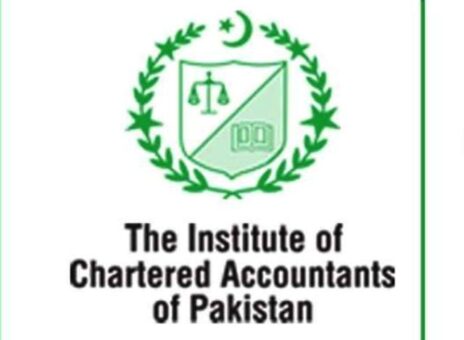Karachi, June 8, 2025 – The Institute of Chartered Accountants of Pakistan (ICAP) has strongly recommended the abolition of the alternative corporate tax (ACT) in its formal proposals for the upcoming federal budget 2025-26.
ICAP argues that the current tax structure has become unnecessarily burdensome and complex for the corporate sector, particularly due to the coexistence of multiple minimum tax regimes.
Under Section 113C of the Income Tax Ordinance, 2001, the ACT was introduced as a parallel minimum tax regime applicable to most corporate entities. ICAP points out that this tax, introduced in 2014 at a rate of 17% (then equivalent to 50% of the standard corporate tax rate), has not been revised in line with the reductions in normal corporate tax rates. Over time, the corporate tax rate has been reduced from 34% to 29%, and even further to 20% for small companies in 2024, yet the ACT remains static.
Additionally, ICAP highlighted that Section 113 of the Ordinance already mandates a minimum tax on gross turnover, while other provisions impose further minimum tax obligations on supplies, services, and other categories. In this context, ACT essentially functions as a redundant overlay, complicating tax computations and leading to inconsistencies.
Furthermore, ICAP notes that Section 113C(8) provides exceptions where ACT does not apply to income already subject to minimum tax under other provisions. This, ICAP argues, renders the ACT ineffective and often results in distortions arising from differences in accounting treatments under IFRS, without generating meaningful revenue.
ICAP emphasized that the presence of three overlapping minimum tax regimes is not only unreasonable but also discriminatory. It creates confusion and compliance challenges for corporate taxpayers and undermines the principles of equity and simplicity in taxation. In light of this, ICAP has proposed either the complete abolition of the alternative corporate tax or, at the very least, a downward revision of its rate to reflect 50% of the current applicable corporate tax rate.
The institute concluded that applying a single minimum tax regime is a more practical and fair alternative, which would reduce administrative burdens and support a more transparent and efficient tax system for the corporate sector.
